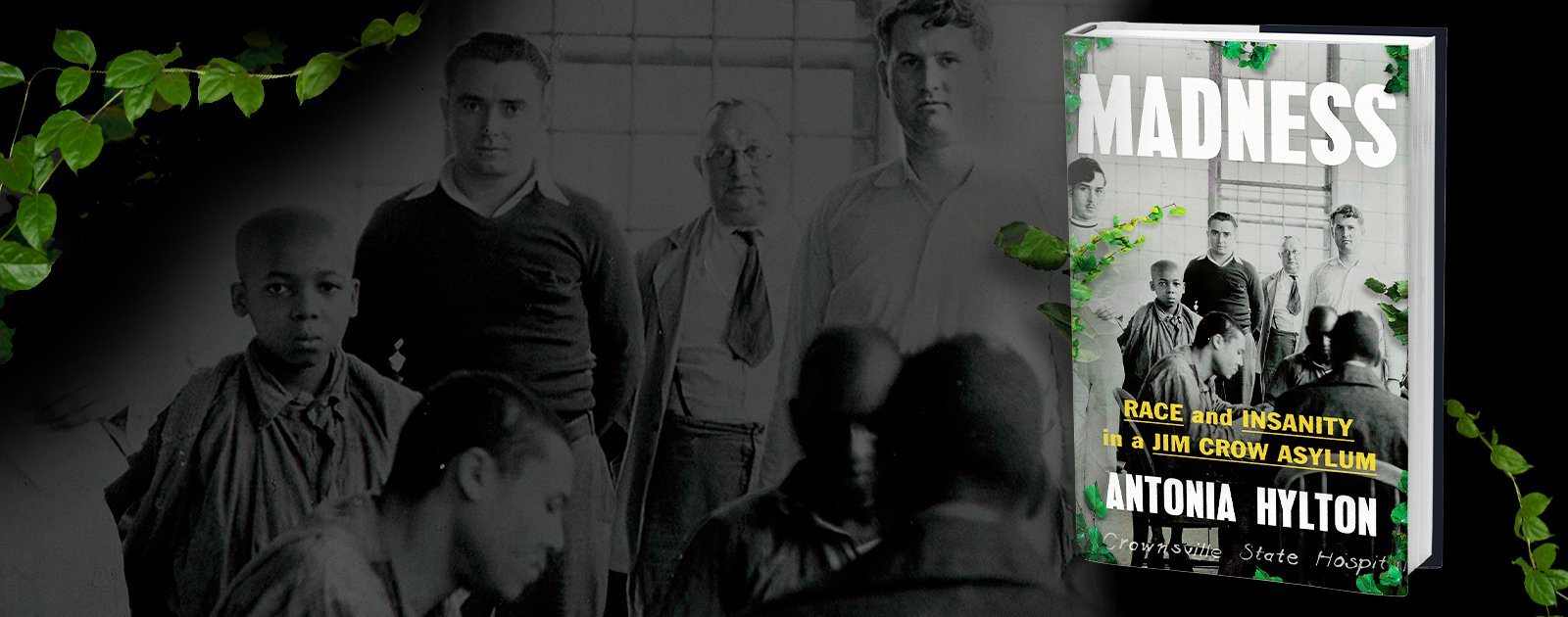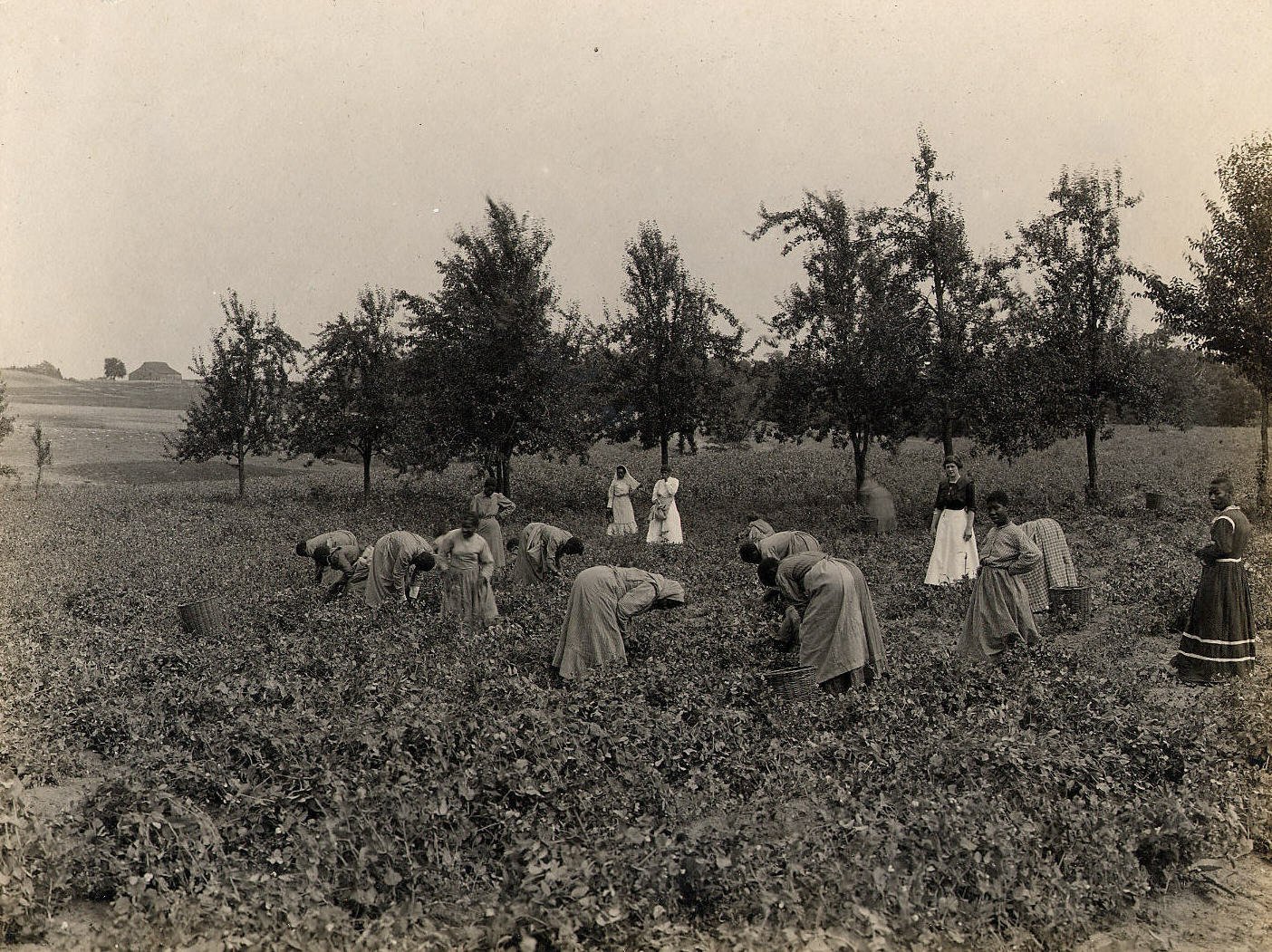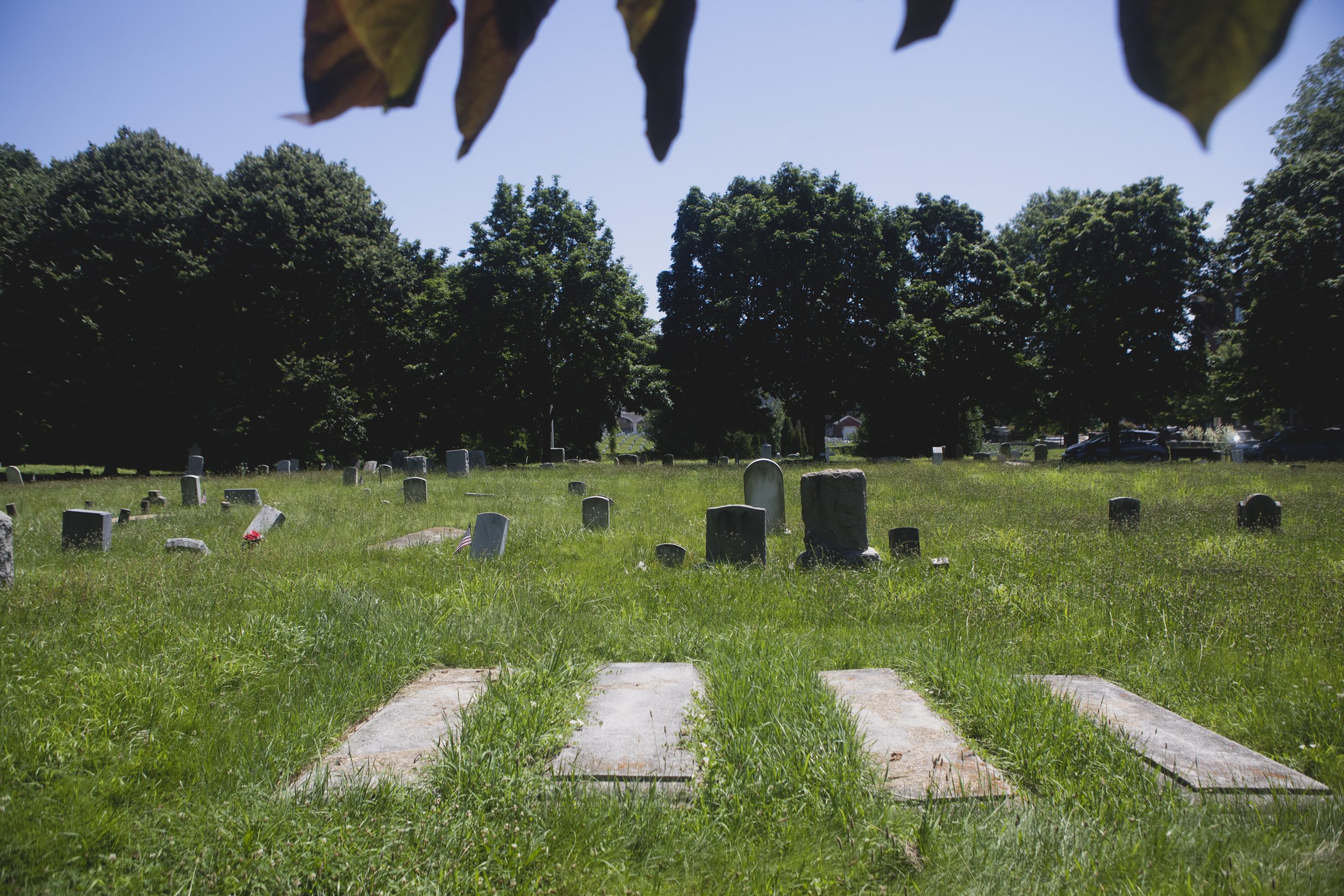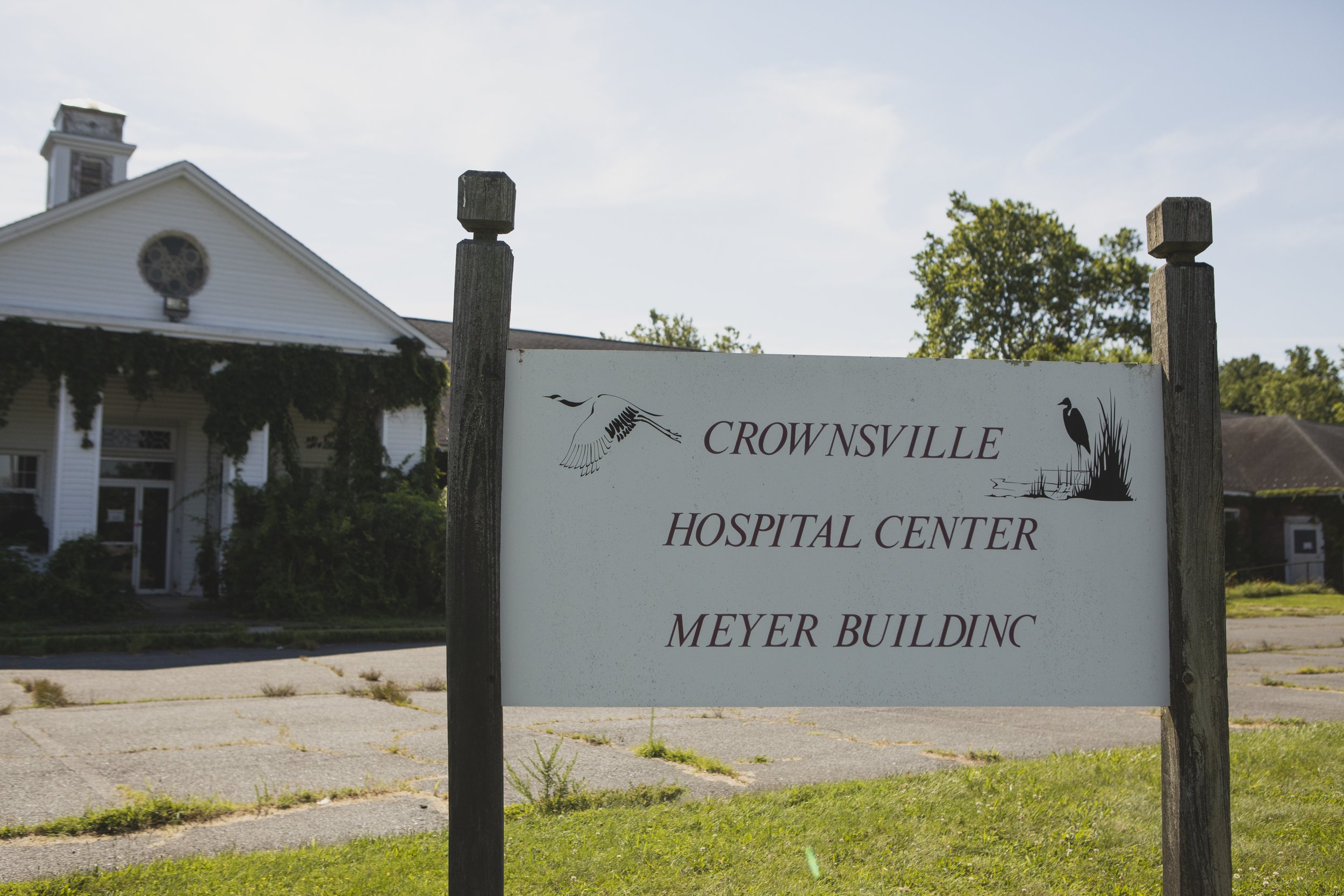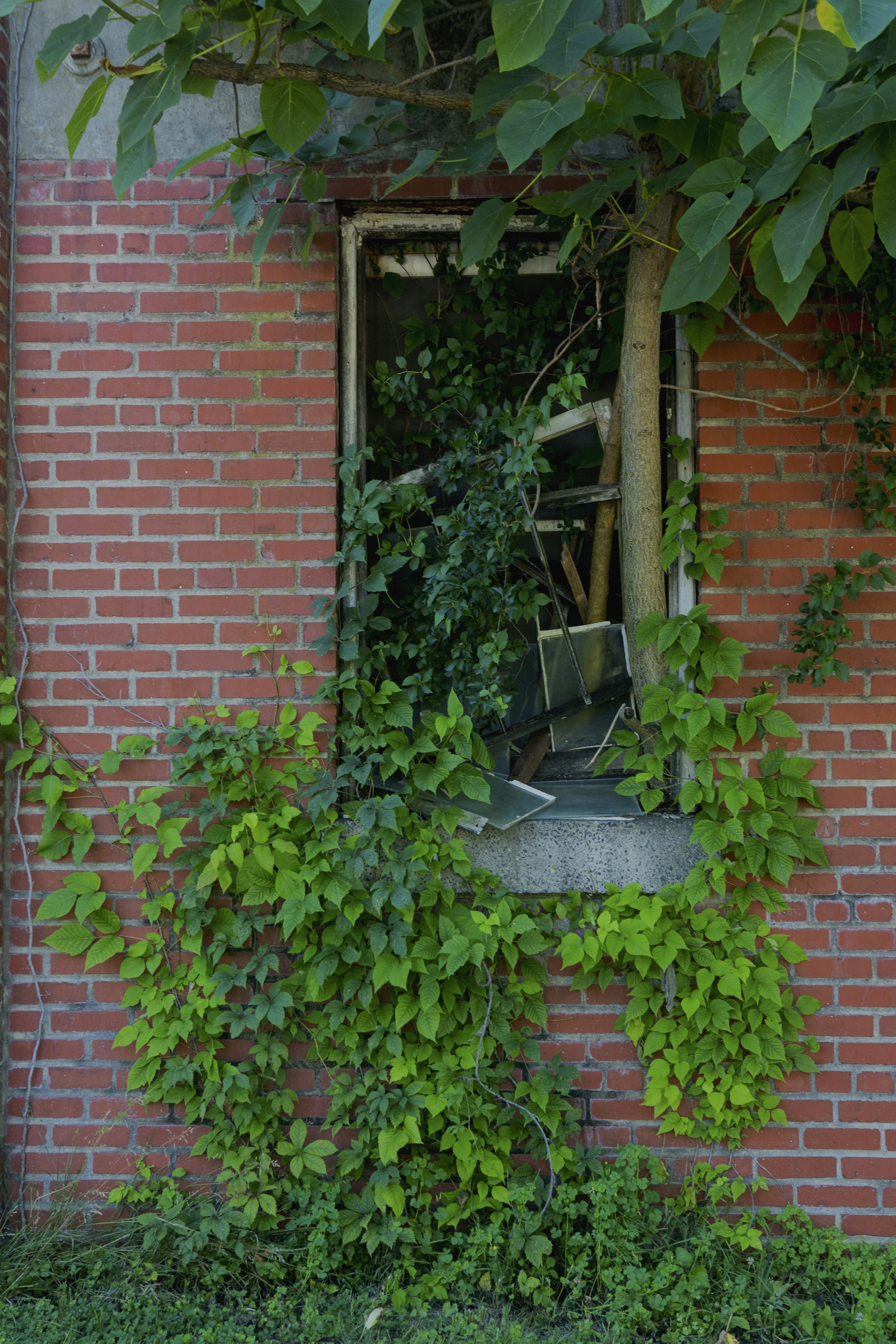
"Madness is an all-too-true story, tirelessly and comprehensively reported, of the reinstatement of antebellum conditions under the guise of mental-health treatment — an asylum for so-called “feeble-minded” Blacks that was, in fact, little more than slavery by another name. Antonia Hylton’s sensitive, searching account of the people forever changed by this place — and its very clear, dreadful connection to today’s carceral state — will leave you dumbfounded.”
—Robert Kolker, author of the #1 New York Times bestseller, Hidden Valley Road
"Madness is a remarkable feat of reporting, penetrating centuries-old brick walls to reveal in vivid detail long buried truths about the racism at the heart of our nation's ongoing mental health crisis. Many books are described as urgent. This one actually is."
—Wesley Lowery, Pulitzer Prize winning journalist and author of American Whitelash
"Antonia Hylton expertly weaves together a moving personal narrative, in-depth reporting, and illuminating archival research to produce a book that left me breathless. Madness is a haunting and revelatory examination of the way that America's history of racism is deeply entangled in our mental health system. A profoundly important book that helps us make sense of an underexamined aspect of our country’s history."
—Clint Smith, New York Times bestselling author of Above Ground and How the Word is Passed
“Madness is a haunting history of Crownsville Hospital, a segregated asylum in Anne Arundel County, Maryland. Sweeping in its reach, the book—with its use of oral history and a rich archive—offers an astonishing account of the complex relation of race, racism, and mental healthcare in America. But there is something more intimate in these pages: a story about families, about the failures of our country, and about the madness that touches us all. A powerful read!”
—Eddie S. Glaude, Jr. Princeton University professor and New York Times bestselling author of Begin Again
“Madness is a necessary and unforgettable book. It is a particular story of a Jim Crow institution that devastated the lives of many suffering Black Americans, but it is also a collective story about how mental health care is a social justice issue, and a personal story about love, loss, and holding onto loved ones through the ravages of living. With powerful and vulnerable writing, alongside diligent research, Hylton has delivered an important and timely work.”
—Imani Perry, National Book Award winner and New York Times bestselling author of South to America
“Hylton’s in-depth probing investigation of Crownsville’s history answers essential questions about what happened to the Black population of mentally ill decades after Emancipation.”
—King Davis, PhD, Research Professor at the University of Texas at Austin School of Information
“Madness is a work of pure genius. Antonia Hylton breathtakingly joins archival persistence and keen insight to tell the story of lives lived and died at Crownsville, formerly Maryland’s Hospital for the Negro Insane. With courage and tenacity, she uncovers forgotten narratives and past crimes – and in so doing deepens our understanding of how ‘our traumas and illnesses are frequently intertwined with American history and the peculiar reality of being Black. This beautiful, brave, heartbreaking, and urgently important work will change the ways you think about race, sanity, & community.”
—Jonathan Metzl, author of Dying of Whiteness
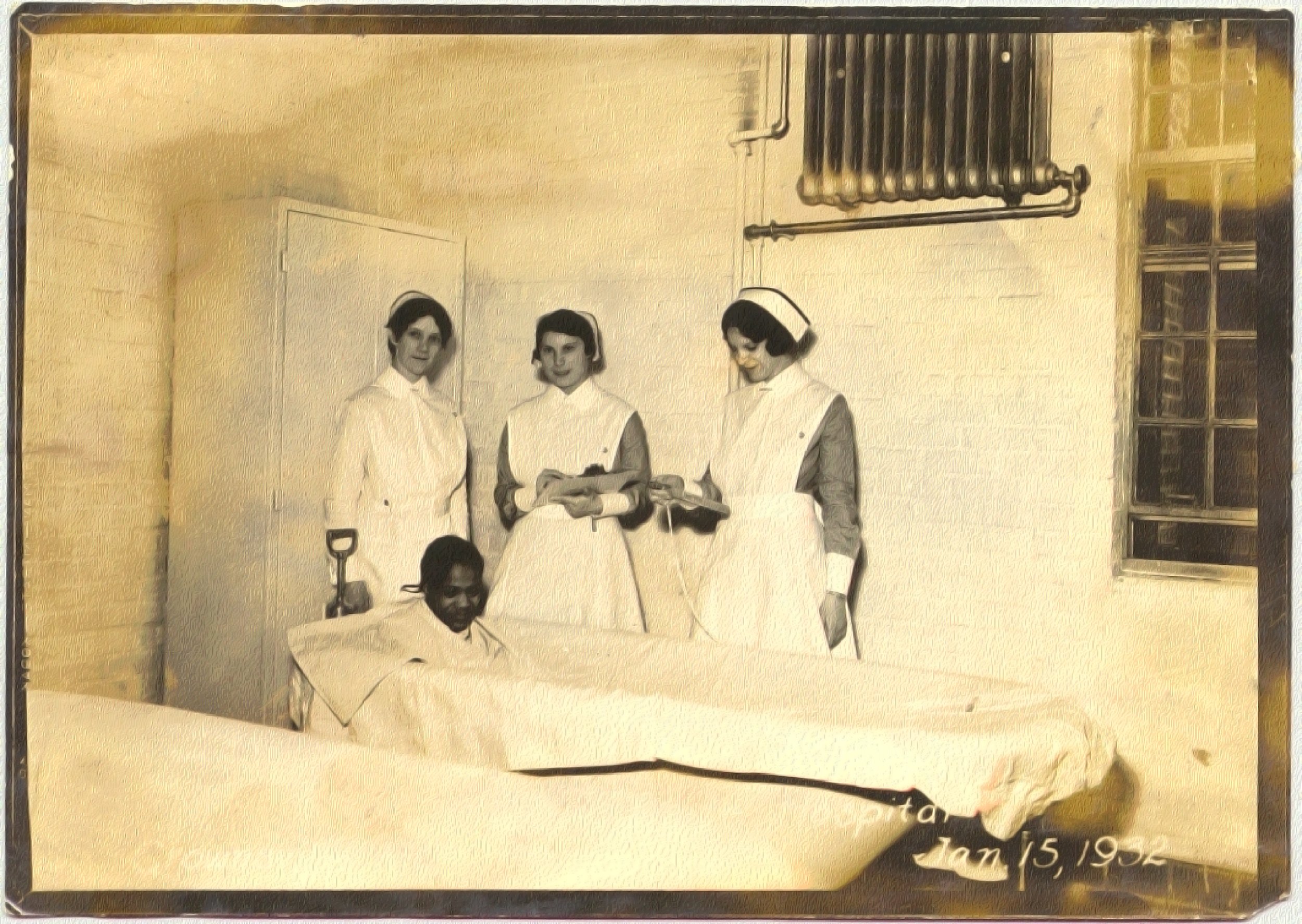
On a cold day in March of 1911,
Officials marched twelve Black men into the heart of a forest in Maryland. Under the supervision of a doctor, the men were forced to clear the land, pour cement, lay bricks, and harvest tobacco.
When construction finished, they became the first twelve patients of the state's Hospital for the Negro Insane. For centuries, Black patients have been absent from our history books. Madness transports readers behind the brick walls of a Jim Crow asylum.
In Madness, Antonia Hylton tells the 93-year-old history of Crownsville Hospital, one of the last segregated asylums with surviving records and a campus that still stands to this day in Anne Arundel County, Maryland. She blends the intimate tales of patients and employees whose lives were shaped byrownsville with a decade-worth of investigative research and archival documents. Madness chronicles the stories of Black families whose mental health suffered as they tried, and sometimes failed, to find safety and dignity. Hylton also grapples with her own family's experiences with mental illness, and the secrecy and shame that it reproduced for generations.
As Crownsville Hospital grew from an antebellum-style work camp to a tiny city sitting on 1,500 acres, the institution became a microcosm of America's evolving battles over slavery, racial integration, and civil rights. During its peak years, the hospital's wards were overflowing with almost 2,700 patients. By the end of the 20th-century, the asylum faded from view as prisons and jails became America's new focus. In Madness, Hylton traces the legacy of slavery to the treatment of Black people's bodies and minds in our current mental healthcare system. It is a captivating and heartbreaking meditation on how America decides who is sick or criminal, and who is worthy of our care or irredeemable.
In the tradition of books like The Immortal Life of Henrietta Lacks and Hidden Valley Road, Madness explores Crownsville's history and how the legacy of slavery and racist stereotypes ultimately pave the way to the criminalization and stigmatization of Black patients.
